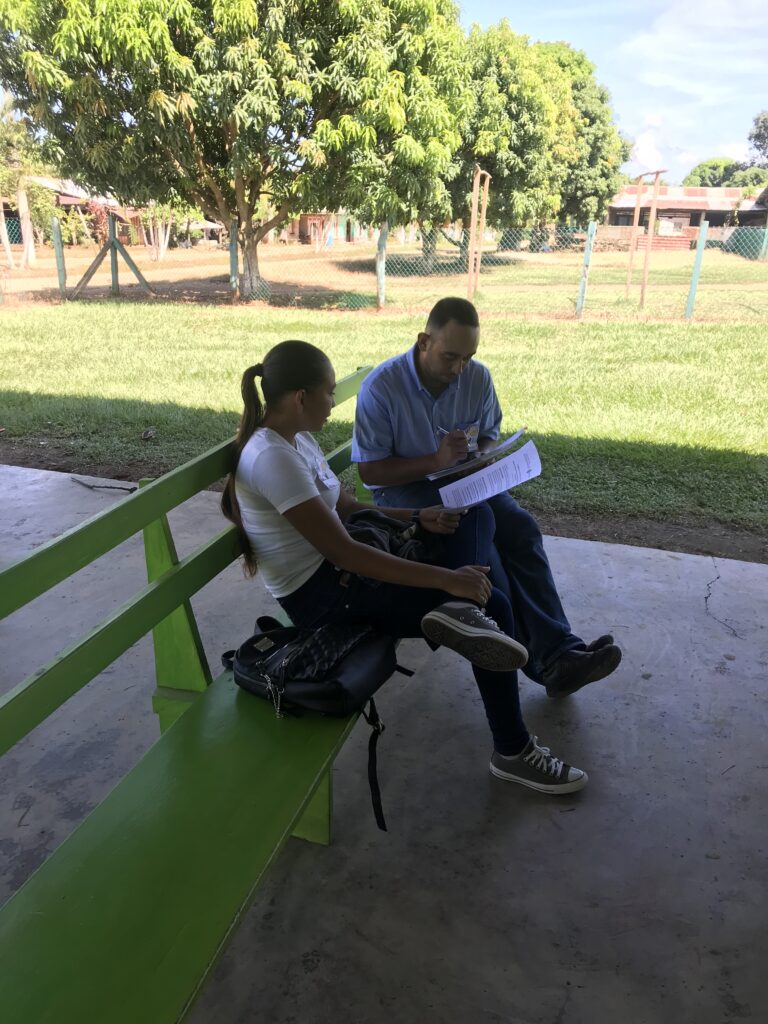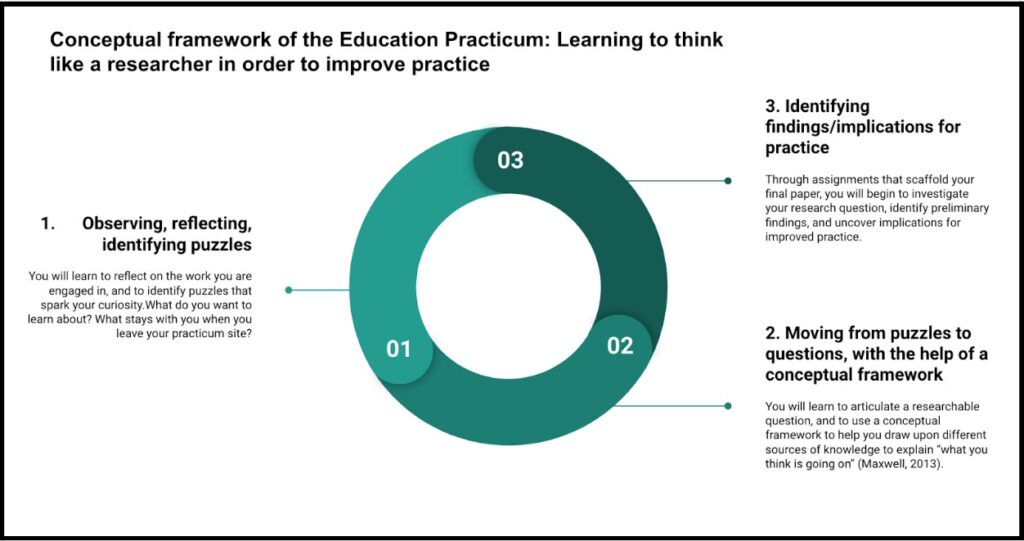Teaching
I regularly teach both undergraduate and graduate courses. My primary goal in teaching is to maximize student learning, primarily through activities that strengthen students’ analytical and critical thinking skills. I utilize a variety of instructional methods—such as small group discussion, reflective exercises, debates, and multimedia—to encourage active participation and engagement in my courses.
- Learn more about UC Berkeley’s Undergraduate Minor in Education
Introduction to Qualitative Research

At the graduate level, I teach an introductory qualitative methods courses, EDUC 271B. The purpose of the course is to introduce students to the world of qualitative research so that they will be able to read qualitative studies intelligently, and learn to design and conduct qualitative studies themselves. Beginning with an overview of the epistemological assumptions behind different kinds of research, the course explores qualitative research approaches and the kinds of topics and queries they support.
Students read and critique examples of published qualitative work while they simultaneously learn the methods of collecting and analyzing qualitative data. The class is structured to facilitate the connections between the theory and practice of doing qualitative research in education. Students engage in the design and execution of a small-scale research project (that often lays the foundation for their milestone papers).
Students work closely with their peers as they are assigned to research teams. Every other week, students meet in their research team to discuss and get feedback on their independent research projects. Assignments for the course are connected with the topics discussed in class, and scaffold sequential student learning in qualitative research design, data collection, analysis, and write-up. Contact me to request a copy of the course syllabus. This course is open to graduate students from across UC Berkeley, and is required for BSE Ph.D. students and Ed.D. students in the Leadership for Equity and Democracy Program.
Education in a Global World
This course explores questions including:
- What is globalization?
- What are the implications of living in a “global world” for education?
- How can education be used as a tool to promote global social justice and prosperity
The course is taught entirely online, with the tagline “when you go online you go global” – emphasizing the idea that our world is increasingly connected through technology. Each week students proceed through learning activities that include “Inspire,” “Research and Explore,” “Collaborate and Play” and “Synthesize” where they view online lectures and other videos, read articles and other course material, collaborate with their peers in a virtual discussion section, and finally summarize and synthesize their learning through a weekly reflection.
Students complete a variety of assignments, including traditional essays and other short writing assignments, a virtual final presentation, and a group project that allows them to choose a specialized track during the final weeks of the course. While this is designed as an introductory course, the inclusion of specialized tracks allows students to develop expertise in an area most closely aligned with their academic and professional goals. This course is offered across the University of California system via UC Online.
This course is designed to provide an opportunity for undergraduates to gain knowledge of research methods while working directly in educational settings, from classrooms to educational organizations, and research or policy contexts. The figure in this section shows the different phases of the course and the cycle of inquiry that is emphasized.
Student will learn to observe and reflect, to think critically, and think and write like a researcher. Students will gain tools that strengthen their individual and collective capacities in educational practice.
The course covers some or all of the following topics, depending in part on the range of “field placements” that students choose: ethnographic fieldwork; action research; method and theory; participant observation; writing field notes or critical reflections; using field notes to build an argument; and engaged public scholarship and discourse.
